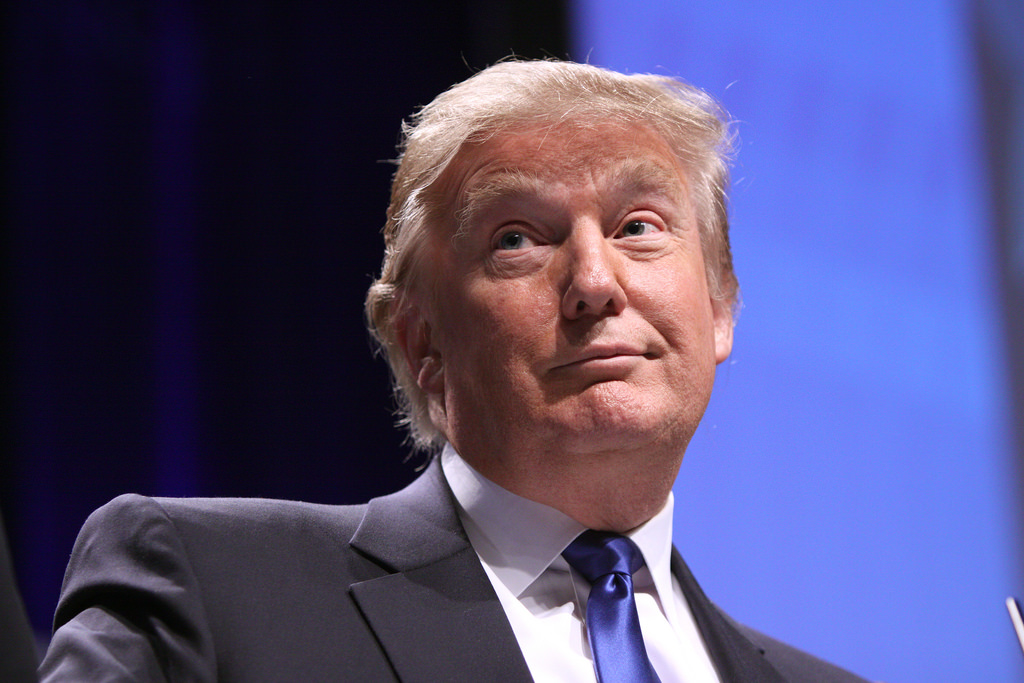Based on recent reports of President-elect Donald Trump’s phone call with Taiwanese president Tsai Ing-wen, it appears that we have entered an age of American politics that will rock the pillars of America’s established foreign and domestic policy.
Such unprecedented contact, not seen since 1979, highlights a historic moment in American politics, though one that may prove ultimately pernicious.
Considering the recent U.S. sale of $1.83 billion worth of weapons to the Taiwanese government, and the Chinese’s begrudging acceptance of the trade agreement, it is easy to imagine how this further “congratulatory” phone call of Trump’s may exacerbate the breakdown of U.S.-Chinese relations.
As a child who grew up with his grandparents from the mountainous province of Guizhou in China, I vividly remember watching the soap dramas on television with my grandpa. These soap dramas were loaded with nationalist traitors, who played irredeemably corrupt villains who tore apart families and businesses with their instigation of the Chinese Civil War. Such intrinsically rooted hatred for the Taiwanese, and for the nationalists who survived the war to resettle there, is a wound that runs deep, and a wound that the China Central Television, the central mouthpiece of the Chinese Communist party, often revisits.
Rubbing salt into this deep wound, through a phone call, may only be the first step of Trump’s dangerous dance of diplomacy. While former President George W. Bush and President Obama have highlighted the necessity of China as an economic partner and as companions in North Korean diplomacy, Trump’s drawing a harder line against Chinese manipulations of currency and their inaccessibility for American technology companies indicate a realigning of U.S. policies that have been in place since former President Richard Nixon’s “One China” legacy.
And yet such realignment begs the question, why now? Are Trump’s actions the result of his administration’s desire to reaffirm American authority so as to please the constituents that voted for him? Or is it a move designed to protect American security and economic interests?
As of now, it is difficult to ascertain Trump’s intentions, but what is undeniable is the current state of turmoil in East Asia that threatens to fester into deeper conflict. From North Korea’s ceaseless defiance of U.N. missile sanctions to the tense territorial disputes over dominion of the South China Sea, to South Korean President Park Geun-hye’s impending impeachment trial and corruption scandal, now should be the time to scramble for allies in the East.
Such consolidation, however, should not and cannot further exacerbate the instability of the region. Why Trump did not elect to privately field a call from the Taiwanese president, or delegate the responsibility to a more experienced Department of State figure is beyond me. As a result, the sooner he chooses a Secretary of State, the safer our country will be.
Max An is a senior physiology and neurobiology major. He can be reached at maxandbk@gmail.com.



